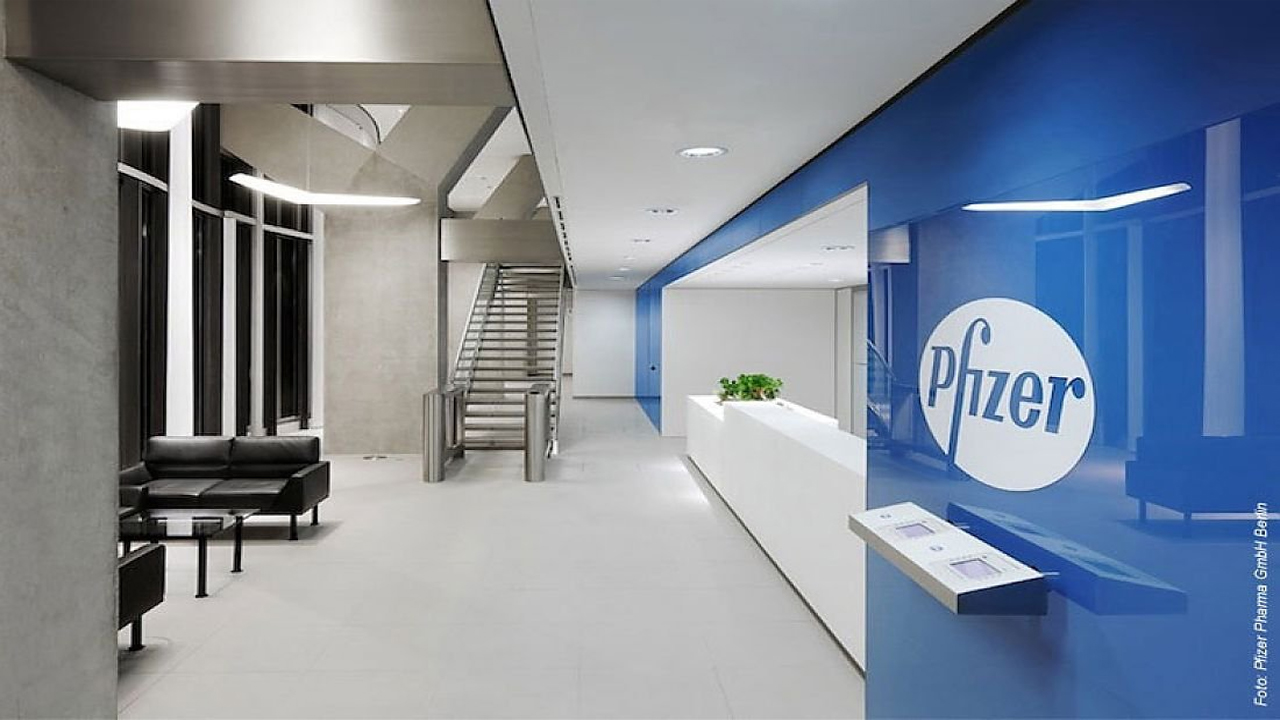The Bristol Myers Squibb–Pfizer Alliance, with the support of leading advocacy organizations and medical societies, announces the launch of the No Time to Wait campaign. No Time to Wait aims to raise awareness of the symptoms of three conditions – atrial fibrillation (AFib), deep vein thrombosis (DVT), and pulmonary embolism (PE). AFib is the most common type of irregular heartbeat and increases the risk for stroke. DVT is a condition where a blood clot forms in a deep vein, which can travel to the lungs and lead to a PE—and a PE can be deadly. Seeking medical attention early – by phone, online or in-person – may help reduce the chance of these conditions becoming something more serious.
Unfortunately, many Americans have not been getting their standard healthcare this year, as indicated by IQVIA’s National Disease and Therapeutic Index of nationally representative, outpatient data. The data show a decrease in office-based primary care visits by approximately 50 percent in April through June 2020 when compared to the same timeframe the previous two years. While telehealth visits increased by approximately 35 percent during the same time frame, there was still about a 20 percent decrease of all types of primary care visits – showing that many people skipped their primary care appointments.
AFib is the most common type of irregular heartbeat and increases the risk for stroke by approximately five times. The symptoms may include but are not limited to, irregular heartbeat, heart palpitations, chest pain, shortness of breath, fatigue, and/or light headedness. It is estimated that 8.4 million people in the U.S. are projected to have AFib in 2020.
“My colleagues and I are deeply concerned about the impact that delaying medical care may have on patient health,” said Andrea Russo, M.D., cardiologist, immediate past-president, Heart Rhythm Society, and director of electrophysiology and arrhythmia services at Cooper University Hospital in Camden, NJ. “Atrial fibrillation may increase stroke risk approximately five-fold, so it is critical to consult with a doctor if experiencing symptoms.”
DVT is a condition where a blood clot forms in a deep vein, occurring usually in the legs, thigh, or pelvis. DVT symptoms may include swelling, pain, tenderness, or redness of the skin. DVT related blood clots, or parts of them, can break off and travel through the bloodstream to the lungs, reducing or cutting off the blood supply. A PE is a blood clot in the lungs and is a serious condition that can be caused by DVT. PE may cause chest pain, discomfort, or difficulty breathing – and can be deadly. According to CDC data from 2010, approximately 900,000 Americans are affected by DVT/PE each year.
“It’s understandable why patients may feel compelled to avoid visiting hospitals and healthcare facilities right now. But it’s integral for them to know that not addressing symptoms may have serious consequences,” said Jenice Baker, M.D., associate emergency medicine director in Camden, NJ. “For people with symptoms that may be associated with deep vein thrombosis or pulmonary embolism, talking to a doctor is imperative.”
“The Bristol Myers Squibb-Pfizer Alliance is committed to educating Americans about the most common symptoms of AFib and DVT/PE, which are potentially serious conditions that may require time-sensitive care,” said Rory O’Connor, M.D., Chief Medical Officer, Internal Medicine Medical Affairs at Pfizer. “We’re proud to introduce the No Time to Wait campaign in response to the current environment, encouraging people to speak to a doctor if they feel symptoms.”

 The Bristol Myers Squibb–Pfizer Alliance, with the support of leading advocacy organizations and medical societies, announces the launch of the No Time to Wait campaign.
The Bristol Myers Squibb–Pfizer Alliance, with the support of leading advocacy organizations and medical societies, announces the launch of the No Time to Wait campaign. 









.jpeg)

.jpeg)










.jpg)




.jpg)

